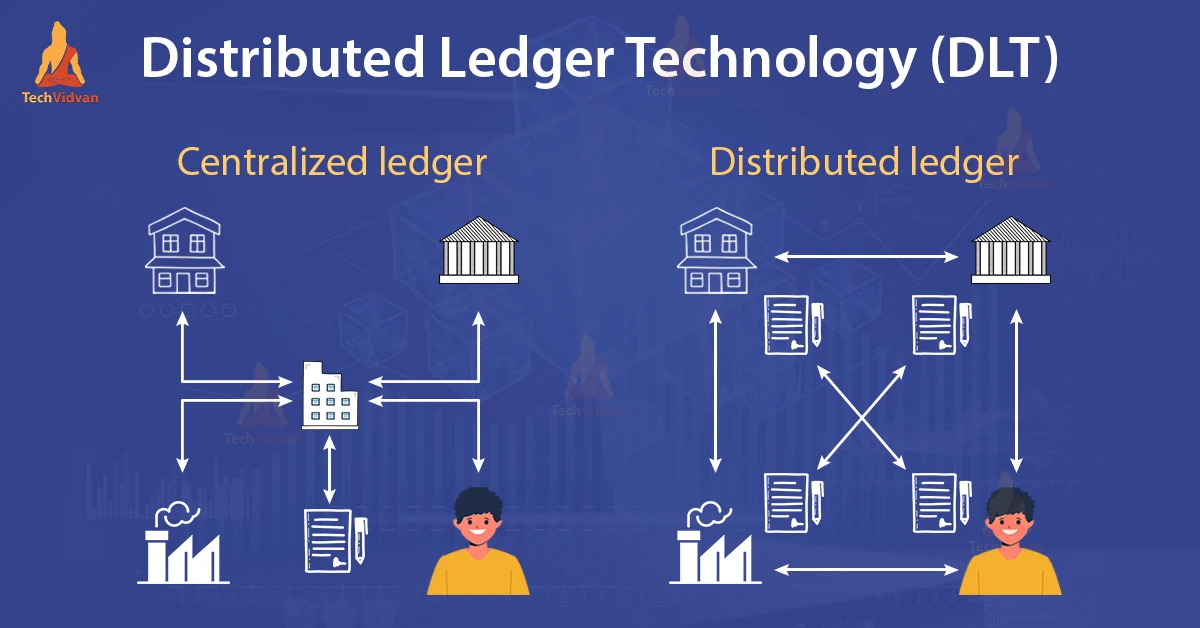Blockchain in Tourism: Enhancing Travel with Distributed Ledger Technology

Blockchain, the innovative technology underlying cryptocurrencies like Bitcoin, is making waves in the tourism industry. This revolutionary technology offers a decentralized, immutable ledger that records transactions and data securely and transparently. By harnessing the power of blockchain, the tourism sector can drive efficiency, enhance traveler experiences, and foster trust.

Streamlined Transactions and Reduced Costs

Blockchain enables seamless and cost-effective transactions within the tourism ecosystem. By eliminating intermediaries and streamlining processes, blockchain eliminates transaction fees associated with traditional payment methods. Travelers can book flights, accommodations, and services directly with providers, saving money and assuring budget-friendly travel.
Enhanced Security and Fraud Prevention
The immutable nature of blockchain ensures that data stored on the ledger is tamper-proof and secure. With transparent and auditable transactions, travelers can rest assured that their personal information and financial data are well-protected against cyber threats and fraudulent activities. This enhanced security fosters confidence and provides peace of mind throughout the travel cycle.
Improved Transparency and Trust
Blockchain promotes transparency by providing real-time visibility into transaction and data records. Travelers can access information about their bookings, payments, and service providers with ease, ensuring clarity and eliminating potential disputes. This transparency builds trust between all parties involved, leading to improved customer satisfaction and loyalty.
Innovative Travel Applications
Beyond optimizing transactions and enhancing security, blockchain holds exciting potential for innovative travel applications. It can be used to create decentralized travel marketplaces, connecting travelers directly with providers, offering competitive prices and unique experiences. Additionally, blockchain-based loyalty programs can reward travelers for their engagement and provide personalized benefits based on their travel history.
Smart Contracts and Supply Chain Traceability
Smart contracts, enabled by blockchain, automate the execution of predefined conditions upon the fulfillment of specific criteria. In tourism, they can facilitate automated payments, refunds, and review systems, ensuring fairness and expediting processes. Furthermore, blockchain can enhance supply chain traceability, allowing travelers to track the provenance of attractions and experiences, ensuring authenticity and ethical practices.
Conclusion
Blockchain technology is transforming the tourism industry, enabling a more streamlined, secure, transparent, and innovative travel experience. By harnessing the power of distributed ledger technology, the sector can drive efficiency gains, enhance traveler confidence, and create new opportunities for growth and innovation. As blockchain adoption continues to expand, its impact on the tourism ecosystem will undoubtedly continue to grow, revolutionizing the way we travel and engage with the world.## Blockchain In Tourism: Enhancing Travel With Distributed Ledger Technology
Executive Summary
Blockchain technology has evolved into a paramount force in multiple industries, and tourism is no exception. This revolutionary technology offers a plethora of opportunities to reshape the travel experience, enhance efficiency, and forge a more secure and transparent ecosystem. By leveraging the immutable, decentralized nature of blockchain, tourism stakeholders can unlock new frontiers of innovation and drive the industry towards sustainable growth.
Introduction
Blockchain technology has captured the attention of the travel industry as a catalyst for revolutionizing traditional practices. Its distributed ledger system, characterized by its immutability, transparency, and enhanced security, holds immense potential to transform various aspects of tourism. From streamlining reservations and payments to optimizing supply chains and fostering more sustainable practices, blockchain is poised to reshape the way we travel and experience the world.
Key Subtopics in Blockchain for Tourism
1. Digital Identity and Biometric Authentication
Blockchain can create secure and verifiable digital identities for tourists, streamlining the onboarding process and expediting entry at airports and other travel hubs. Biometric data stored on the blockchain ensures authenticity and reduces the risk of identity theft and fraud.
- Enhanced security and protection against identity theft
- Seamless onboarding and faster airport check-in processes
- Improved border control and reduced wait times
2. Smart Contracts and Automated Processes
Smart contracts, self-executing agreements facilitated by blockchain, are revolutionizing the tourism ecosystem. These contracts enforce pre-defined terms and conditions automatically, ensuring transparency and eliminating disputes. This technology streamlines processes such as reservations, payments, and loyalty rewards.
- Automation of complex processes and reduced reliance on intermediaries
- Guaranteed execution of agreements and reduced risk of fraud
- Improved transparency and auditability of transactions
3. Supply Chain Optimization and Traceability
Blockchain’s ability to track and trace goods and services along the supply chain is transformative for tourism. From sourcing locally produced souvenirs to monitoring food safety in hotels, blockchain ensures transparency, reduces waste, and facilitates responsible tourism practices.
- Increased visibility and transparency in the supply chain
- Improved traceability of products and services for enhanced quality control
- Promotion of sustainability and ethical tourism practices
4. Decentralized Marketplaces and Peer-to-Peer Travel
Blockchain-powered decentralized marketplaces enable direct connections between travelers and local service providers, eliminating intermediaries and fostering peer-to-peer interactions. This model empowers travelers with greater choice and control, while empowering local businesses and promoting economic development.
- Access to a wider range of unique travel experiences
- Direct booking and payments without commissions or fees
- Support for local businesses and promotion of community tourism
5. Secure and Transparent Feedback Systems
Blockchain provides a platform for immutable and verifiable feedback, enhancing trust and transparency in the tourism industry. Travelers can securely share their experiences, while businesses can leverage this data to improve their services and build stronger customer relationships.
- Fostering trust through unbiased and verifiable reviews
- Empowering travelers to make informed decisions based on authentic feedback
- Enabling businesses to identify areas for improvement and enhance customer satisfaction
Conclusion
Blockchain technology holds transformative power for the tourism industry, offering a path towards increased efficiency, enhanced transparency, and a more secure and sustainable travel experience. By embracing this technology, stakeholders across the sector can unlock new opportunities, redefine customer interactions, and propel the industry into a future of limitless possibilities.
Keyword Tags
- Blockchain for Tourism
- Digital Identity
- Smart Contracts
- Supply Chain Optimization
- Decentralized Marketplaces
